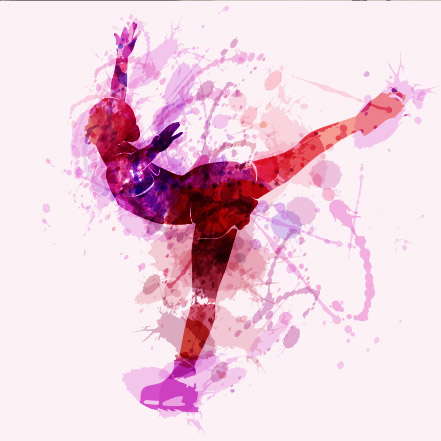
When you hear that someone has failed, how does your gut react? Most people associate the word “failure” with negative feelings. Poll a hundred people, and you won’t find many who say they are okay with failing. Odd as it may sound, I am one of the few people who don’t mind failing. That’s not something people expect to hear from me. However, my definition of failure is most likely different than yours. By Alesia Visconti
When you hear that someone has failed, how does your gut react?
Most people associate the word “failure” with negative feelings. Poll a hundred people, and you won’t find many who say they are okay with failing. Odd as it may sound, I am one of the few people who don’t mind failing. That’s not something people expect to hear from me. However, my definition of failure is most likely different than yours. I liken failure to how Thomas Edison approached his experiments. For example, his zeal for the invention of the light bulb was unwavering. Time and time again, he would try his experiment, only for it to come up short. “I have not failed,” he said. “I’ve just found 10,000 ways that won’t work.”
Indeed, my three favorite quotes on failure are:
I’ve missed more than 9,000 shots in my career. I’ve lost almost 300 games. Twenty-six times, I’ve been trusted to take the game-winning shot and missed. I’ve failed over and over and over again in my life. And that is why I succeed.
Michael JordanFailure is an option here. If things are not failing, you are not innovating.
Elon MuskIt’s kind of fun to do the impossible.
Walt Disney
Failure to me is more like a directional signal on the highway of our entrepreneurial journey rather than a negative experience. If you aren’t making enough mistakes (also called failures), it may mean you’re taking the safe route too many times. When an Olympic ice skater is in training, he or she may attempt the triple Axel jump hundreds of times, only to fall each time before landing. Clearly, it means something needs to be adjusted…tweaked…modified. I see that as a learning opportunity, not as a failure.
It’s the same in business. Having been labeled as a disruptor early on in my career, it’s in my nature to zig where others zag. That means I don’t play it safe. It means I kick down doors that might have previously been shut tight. Of course, no one wants to have a steady path of failed attempts in life, but if an entrepreneur plays it too safe, new ideas most likely aren’t being generated or tried. Instead, new ways of thinking are being shunned with the “if it’s not broke, don’t fix it” mindset. Such a mentality will, most likely, result in an organization’s growth being greatly slowed.
Going back to our Olympic ice skater: We entrepreneurs know that there’s always a next move that we need to champion. That’s why, once we get that proverbial triple Axel down, we go on to the next move. Yes, we sometimes experience failure for a while until we master it. But if we are going to continue on and win that elusive gold medal, we sometimes need to risk landing on our behinds. Entrepreneurs know this, and thus are grateful for both their successes and failures.
– Alesia Visconti
Alesia Visconti, CFC, is the CEO/Publisher of Franchise Dictionary Magazine and the CEO of FranServe Inc., the world’s largest franchise consulting and expansion organization. She has 20 years of experience as a C-level executive, driving organizational development and taking companies to the next level. An author, professional speaker, and entrepreneur, her motto in life is “Work hard, play hard, help others, repeat.” A self-proclaimed nerd, Alesia loves all things “superhero.”

